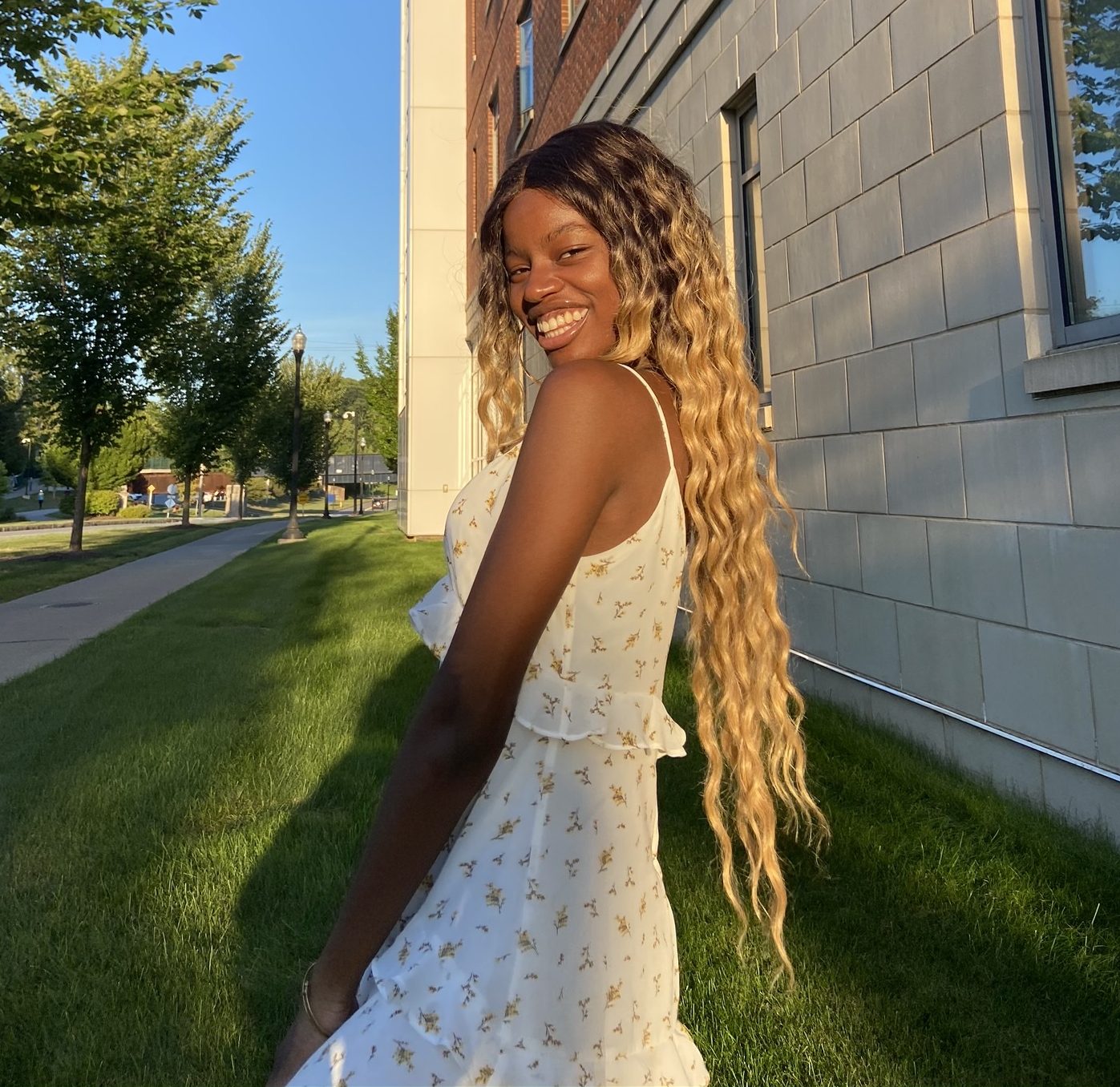This Christmas, holiday cheer is at an all-time low. The Rockefeller tree in New York City was described as “scraggly,” according to The Washington Post, and with many places threatening to go on lockdown — LA being one of the first — it’s hard to feel happy and hopeful for a new year when 2020 has already been so bleak. However, this doesn’t mean new Christmas music can’t give people some joy. Lil Nas X’s new song, “Holiday,” was released in early November, just in time for the holiday season, and it now has over 50 million views on YouTube. But Lil Nas X talks about more than just the Christmas spirit. As a gay Black man performing in the genres of hip-hop, country and pop, he’s creating a conversation that’s allowing families to discuss more than turkey over the dinner table.
Country and Pop Music
When Taylor Swift came out with “Shake it Off” in 2014, she became one of the first country stars to successfully cross over to the pop genre. Since then, country music has become more mainstream, but when Lil Nas X came out with “Old Town Road” in 2019, it was in the top Billboard charts worldwide for 19 weeks straight, setting a new record. It was only removed when Billboard claimed, “While ‘Old Town Road’ incorporates references to country and cowboy imagery, it does not embrace enough elements of today’s country music to chart in its current version.”
Lil Nas X and fans were upset; some alleged that the song’s removal was based on Lil Nas X’s race, but once again, a genre crossover was successfully made. This time, it was groundbreaking because the country genre not only crossed over to pop, but the song had hip-hop elements as well. Lil Nas X may not have had enough elements of “today’s current country music,” but he was evolving the genre, which allows us to think about what the genre could sound like in the future.
Lil Nas X is known for having gimmicky, futuristic themes in his videos. His music video for “Panini” looks like a mirror image of every sci-fi movie to ever exist. And his song “Rodeo” reimagines our world if it had monsters, showing him as a vampire with cultural references from “The Matrix.” The fact that he also has a remix of “Rodeo” with rap star Nas not only shows how Lil Nas X’s musical style constantly reflects stylistic crossovers, but the future of technology and fantasy as well.
His newest song, “Holiday,” redefines the future of Christmas. With elves and reindeer as robots and Lil Nas X in monochromatic silver and white, he plays around with the idea that Christmas isn’t a timeless and old fashioned idea, but it can be seen in other ways. And by showing himself as Santa Claus he also redefines the role of race in Christmas as well.
But it’s the lyrics that truly make the song so special. Lil Nas X refers to his genre crossover a few times within the song, but the line, “I’m a pop star but the rap stars still respect me” not only speaks to his music, but who he represents in these spaces. In June, Lil Nas X came out to his audience. For the most part, he’s been widely accepted, but as a gay Black man in the hip-hop genre, he is showing how the music not only needs to evolve its sound, but how the voices typically in these spaces need to diversify as well.
Hip-Hop Culture Redefined
Hip-hop is more than just a genre; it’s a culture. Originating in the Bronx as an answer to the social and racial tensions in the ’70s, hip-hop is rooted in political activism and social justice. As a youth-developed culture, it was meant to express the creativity and expression that specifically portrayed Black adolescents’ concerns, beliefs, worldviews and lives as it still does today. However, just like any culture, the definition of “hip-hop” has changed over time.
For the most part, it’s still a male-dominated sphere, and although in recent years we’ve seen female rappers begin to dominate the stage — such as Megan Thee Stallion, Cardi B, Flo Milli, Rico Nasty and Tierra Whack — hip-hop culture and music is still mainly recognized for its male performers. These Black female voices, however, have not only redefined how women are portrayed in rap and hip-hop culture, but they are breaking down the patriarchal structure that hip-hop was built around.
With Lil Nas X, we get to see hip-hop culture open up to LGBTQ+ people, and once again, break down these barriers not only in present-day hip-hop, but for the future as well. It allows people to reimagine what our society can look like and how hip-hop culture also needs to evolve with the times to give voices to all people in the Black community.
Lil Nas X, however, is not the first rapper to come out. Tyler, the Creator identifies with his queerness explicitly in his song “Igor,” and ILoveMakonnen, famous for his song “Tuesday” with Drake, came out as gay in 2017. The LA Times talked about how Lil Nas X got the attention of two traditionally macho cultures (country and hip-hop); singer-songwriter Iman Jordan said, “We’ve gotten used to seeing white queer men become megastars. I’m looking forward to the day when [more] Black queer men are seen.”
And just because Lil Nas X has been received positively by most, that doesn’t mean there hasn’t been some backlash. For Halloween, he posted an Instagram photo of himself dressed up as Nicki Minaj as a tribute to his stan account for the rap icon. His photo was later reposted by rapper Dave East, and 50 Cent left homophobic comments on it. Lil Nas X responded in a lighthearted fashion by tweeting, “It’s november 2nd and grown men are waking up to have group discussions about a costume i wore on halloween.” He later made another comment when starring in a YouTube video with James Charles where he said that he wasn’t mad about it. He said, “If you don’t make anyone mad then you probably didn’t do something right.”
Lil Nas X is committed to breaking down these barriers in all spaces he chooses to occupy, and as a result, he’s paving the way for others to do the same. Hopefully these Black men and many more will continue to open doors for queer people to comfortably exist in hip-hop culture, but also continue to be role models for other Black men and boys to exist at home struggling with their identities in not-so-accepting families.
Beauty Standards for Black Men
By being in a video with James Charles, Lil Nas X challenges the spaces in which hip-hop stars can exist. He’s not only the first man to star on James Charles’ channel, but he’s also the first male rapper to move from music to beauty on YouTube. By allowing himself to be seen in the makeup field, it creates a new space for rappers to fluidly move through the entertainment field. With him, Lil Nas X brings an audience from hip-hop culture into the world of YouTube and makeup, which now broadens the way hip-hop culture can be defined.
Women like Missy Elliot and Young MA have created spaces in rap where femininity does not have to be defined, nor does it have to be outwardly portrayed for their music to be taken seriously. Rico Nasty and her edgy, punk rock sound and Tierra Whack’s gimmicky feel also redefine beauty standards for women in the industry. But men have not had this same fluidity. By Lil Nas X breaking into the makeup industry online, he allows hip-hop culture to be seen for more than just its clothes and music, but also for the standards in which Black men can also dress up, perform and wear makeup.
Conclusion
Maybe Christmas this year won’t be the same. We have our first Black, female vice president, New York City streets are a little quieter this year and “Baby It’s Cold Outside” will possibly be retired. But with our society growing and changing, we need more songs like “Holiday” to show us what we can hope to imagine for the future of music and hip-hop culture. We not only need to reimagine what our music genres sound like, but who represents them, and Lil Nas X is ahead of our time.

















